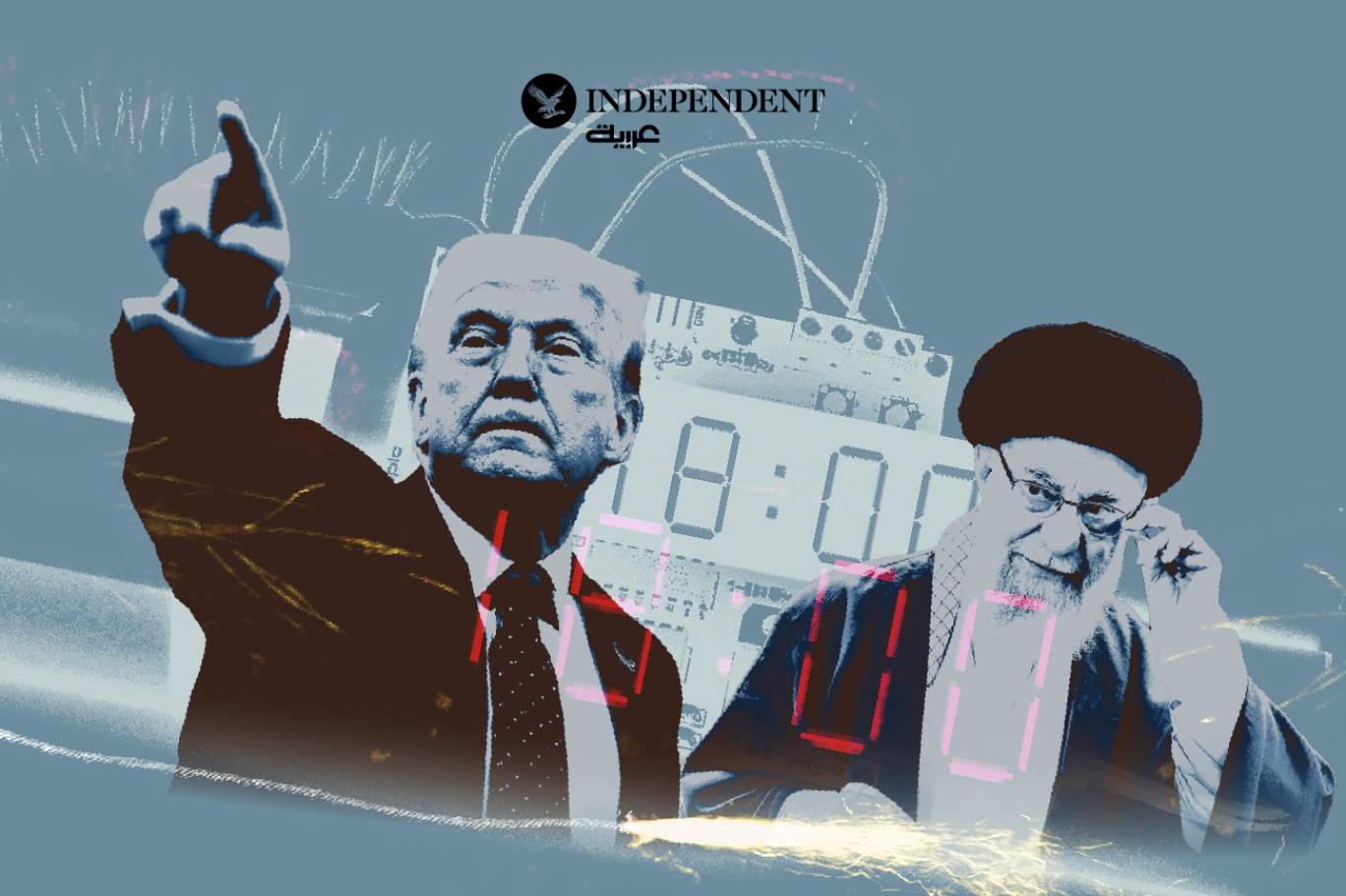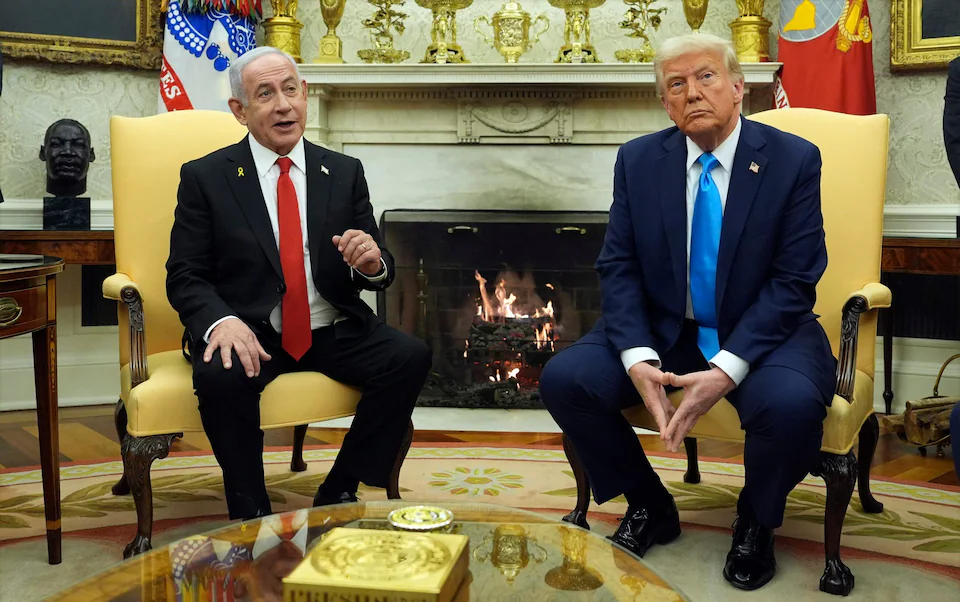No one was more surprised than Israeli Prime Minister Bibi Netanyahu when he learned of Donald Trump’s intention to reopen negotiations with Iran over its nuclear-weapons program. At an April 7 meeting in Washington, Netanyahu almost certainly expected to move forward on plans for a potential Israeli strike against Iran’s nuclear-weapons and ballistic-missile programs, perhaps together with the United States. There were, of course, other issues on the agenda, particularly Trump’s tariff war with friends and foes alike, but Iran’s existential nuclear threat to Israel was the most pressing.
Trump rebuffed Netanyahu (https://apnews.com/article/trump-netanyahu-tariffs-iran-gaza-9aaf17d50beb5a5891895a702a1bac5d) according to multiple press accounts. Neither the first nor the second negotiations, on April 12 and 19, produced any visible progress, although the sides agreed to reconvene on April 26, preceded by “technical-level” talks. Trump would do well to remember one of baseball’s most important rules: three strikes and you’re out.
Iran’s unrelenting efforts to acquire deliverable nuclear weapons, and the extraordinary threat posed thereby, make the logic of preventative destruction of its capabilities unarguable to Netanyahu and many others, Israeli and American alike. With good reason, therefore, Israel believed that Trump would agree that destroying Iran’s nuclear program was entirely justifiable.
No one could say Israel was acting hastily or rashly. For three decades, Iran has pursued deliverable nuclear weapons, and the threat has grown with time. Nothing has changed the mullahs’ strategic decision to achieve that goal, not diplomacy, not economic sanctions, and not mere threats of using force. Iran’s progress on both the nuclear and missile fronts has been clear and dangerous, and the need to decide whether to use military force, already long overdue, is increasingly apparent.
What the outside world knows about Iran’s capabilities, frightening though it is, must also be weighed against what we do not know because of inadequate intelligence and international oversight. Tehran has consistently obstructed the International Atomic Energy Agency, barring its inspectors from key military facilities undertaking the critical weaponization work on nuclear arms. Moreover, Iran could be even closer to achieving nuclear weapons than suspected because of its cooperation with North Korea. exemplified by the North’s construction of Iran’s Dair Alzour reactor in Syria, destroyed by Israel in 2007. Pakistani nuclear proliferator A.Q. Khan supplied both Tehran and Pyongyang their initial uranium-enrichment and weapons-design plans. Thus, what we detect in Iran could be merely a part of its nuclear program, with subcontracted facilities buried undetected in North Korea.
Accordingly, for Israel, the key question is not if it should strike Iran’s nuclear program, but when, and whether it would strike alone or with the United States. Viewed strategically, Washington has every justification to take military action against Tehran’s proliferation efforts. Iran’s nuclear threat is not a problem merely for Israel, but for the entire world. For thirty years, the ayatollahs have sought to become a nuclear power, to the detriment of everyone else. America has the wherewithal to eliminate this proliferation threat, and would be politically and morally justified in doing so. Helping Israel de-fang Iran follows quite logically.
Trump may not have the resolve or character required to make this difficult decision. Reports indicate deep splits(https://www.nytimes.com/2025/04/16/us/politics/trump-israel-iran-nuclear.html?searchResultPosition=1) within his administration over using force against Iran, with several of its least competent senior officials arguing against doing so. Fortunately, however, while a combined US-Israeli strike would be more likely to achieve total success, Washington’s participation is not a necessity. Israel’s own forces can destroy or at least substantially cripple Iran’s program far into the future, albeit with some subsequent maintenance work from time to time. Moreover, if Israel is prepared to act, it should not seek merely a partial destruction of Iran’s nuclear infrastructure, but its entirety. There may not be a better time than now.
What the ayatollahs will really fear after Israeli strikes, with or without US participation, is the reaction of Iran’s people. Tehran’s ayatollahs have lost enormous power in the Middle East and are urgently trying to rebuild their network of terrorist proxies even while trying to shore up the regime domestically. Assad’s fall in Syria, added to the defeats Israel has inflicted on Hamas, Hezbollah and the Houthis since October 7, has produced significant finger-pointing and recrimination inside Iran(https://www.nytimes.com/2024/12/13/world/middleeast/iran-syria-assad.html).
The very foundations of the 1979 revolution are now severely weakened. Losing the nuclear program could be the spark that ignites Iran’s people, at long last, to rise against the regime and fragment its top leadership. The ayatollahs desperately need relief from Israel’s punishing military assaults and from international economic sanctions. Entering lengthy negotiations with Washington would give them a lifeline.
For those who oppose the world’s most dangerous nations possessing the world’s most destructive weapons, this is not a time, as Lady Thatcher once advised, to go wobbly. End the fruitless discussions with Tehran, and do what is necessary to safeguard the world from a nuclear Iran.
This article was first published in the Independent Arabia on April 22, 2025. Click here to read the original article.


